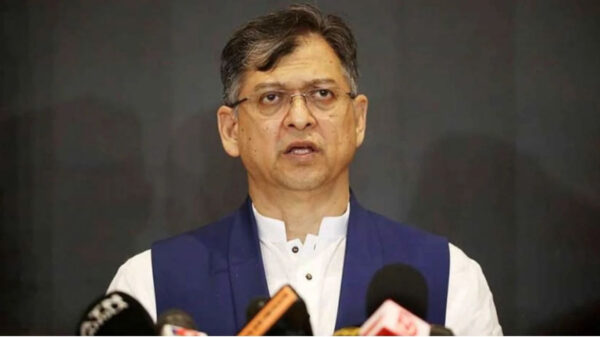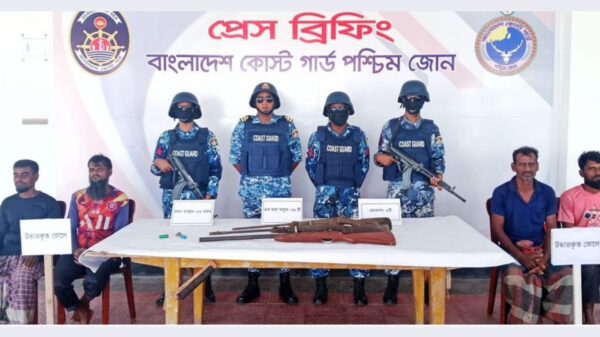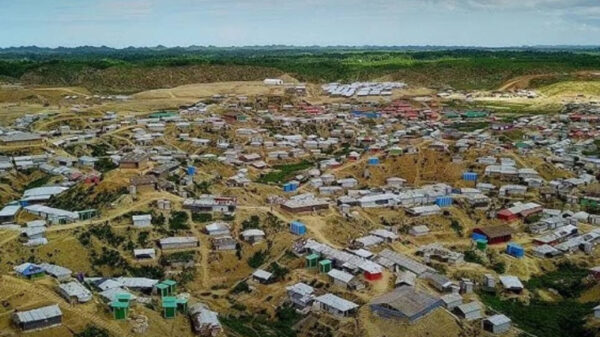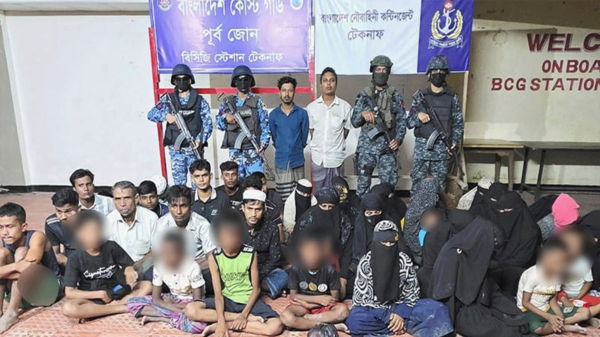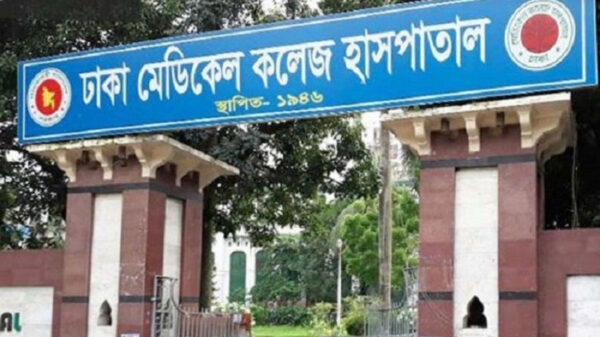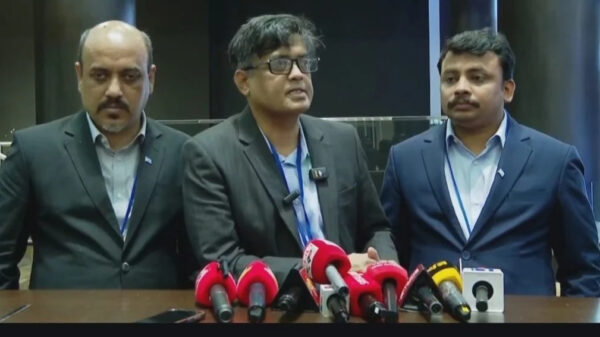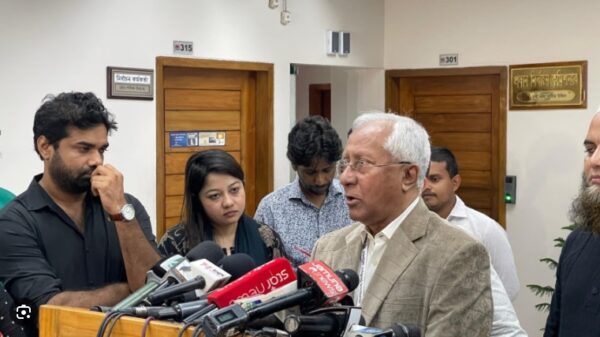Staff Reporter:
The five-member commission constituted by the incumbent interim government to investigate into en-forced disappearance said they found a correlation between enforcement of anti-terrorism law in a “weaponized criminal justice system” and changing political scenario during the deposed Awami League regime.
The commission’s second interim report that found the most significant spike of cases under the Anti-Terrorism Act (ATA) occurred in 2018, coinciding with a general election marked by widespread sup-pression of opposition activities.
It said 2021 witnessed another surge of cases reflecting the state’s response to mass protests particularly coinciding with Indian Prime Minister Narendra Modi’s Bangladesh visit.
In contrast, according to the report, opposition activity in 2023 shifted toward more direct street con-frontations when police were found to be enforcing less the anti-terrorism charges.
“This shift — combined with the concentration of large-scale protests towards the year’s end — contrib-uted to a drop in filings in 2023. By 2024, new cases declined markedly, possibly reflecting the overall lull in opposition activities following the national election,” the report read.
The commission observed the fact that case inflows dovetail national political events “belies the claim that these cases were solely filed to counter terrorism”.
The report dedicated a chapter titled” Weaponised Criminal Justice System” where it said the courts and prosecutorial mechanisms were systematically weaponised to suppress political dissent and insulate state actors from accountability.
It found the Anti-Terrorism Act, 2009 to stand out as the most frequently invoked law, with 198 victims facing charges under it, far more than any other legislation which was followed by the Explosive Sub-stances Act, 1884 and the Arms Act, 1878, with 51 and 43 victims respectively.
Fewer cases were filed under the Information and Communication Technology Act, 2006 and its succes-sor, the Digital Security Act, 2018 (9 victims), as well as the Special Powers Act, 1974 (8 victims).
“The over-reliance on broad national security and criminal statutes, such as the Anti-Terrorism Act, sug-gests a pattern of systemic criminalization, often without regard for individualized evidence,” the report read.
The commission said across numerous testimonies spanning different districts, years, and agencies, it emerged to them a disturbingly consistent pattern in extracting confessional statements from victims of enforced disappearances and arbitrary detentions.
“The uniformity of these accounts suggests a coordinated method of producing alleged self-incriminating statements through coercion,” the report read.
The victims who testified before the commission said they were clearly told that unless they signed the Section 164 confessional statements before the magistrate concerned and repeated to the magistrate what they had been instructed to say, they would face severe consequences.
The commission quoted statements of several victims in its report that suggested over the years, individ-uals detained by various security forces were consistently used direct threats, physical violence, and psy-chological coercion during their captivity.
These included threats of death, prolonged disappearance, harm to captives family members, and repeat-ed torture and in many cases, victims were warned that refusing to follow the dictated narratives before the magistrates concerned would lead to death or fabricated charges of even greater severity.
“Victims were frequently made to appear before the Magistrates for recording their alleged confessions without access to any counsel,” the report said, adding the legal counsels’ presence was debarred as it could impede the application of procedural safeguards that could have prevented or challenged coerced confessions.
According to the report over the past decade, state authorities deployed a range of criminal statutes to frame charges against individuals in ways that closely resemble one another across time, location, and political context.


